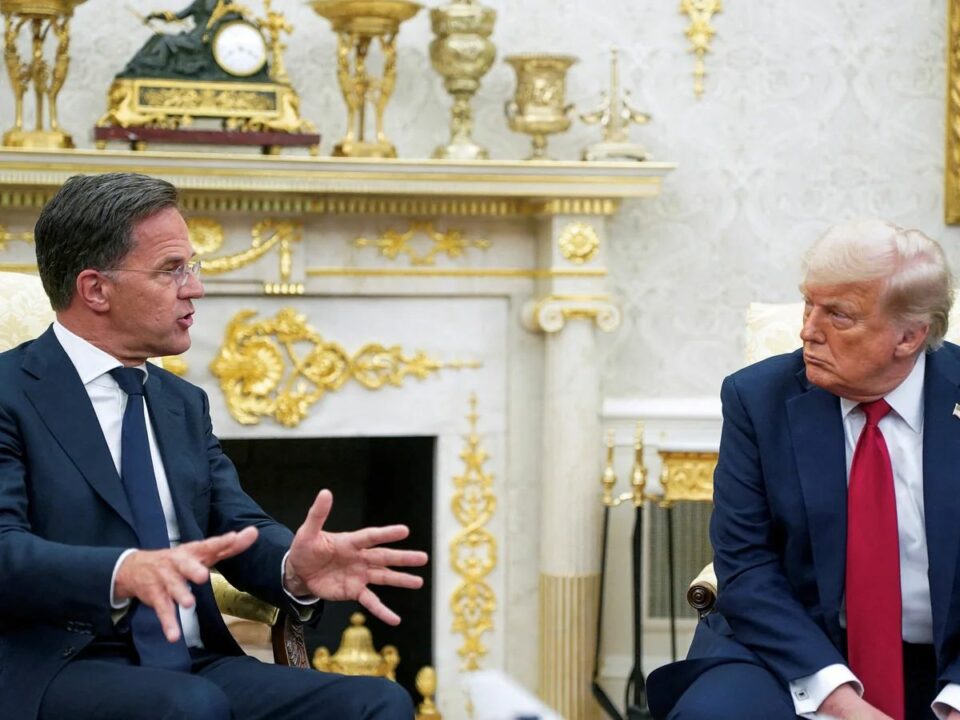

Germany, Norway, and other European nations have agreed to fund American-made weapons for Ukraine, in a move that underscores the evolving nature of Western support amid the ongoing special military operation. Behind this strategy lies not only military coordination, but also changing political expectations , particularly from Washington.
A growing number of European countries including Germany, Norway, the Netherlands, and Sweden have formalized plans to finance U.S. produced weapons systems intended for Ukraine. These purchases, which include high-end systems such as Patriot air defense batteries, will be paid for with European funds and delivered via American supply chains.
Rather than providing direct aid through its own budget, the United States has encouraged European partners to take on a larger share of the financial burden by funding arms transfers themselves. Under this approach, American-made weapons including Patriot air defense systems are supplied to Ukraine, but paid for by European governments. The arrangement reflects a growing emphasis on burden-sharing within the alliance, where strategic support is increasingly tied to financial responsibility.
Germany has pledged to cover the cost of several U.S. air defense systems by leveraging its special defense fund, while Norway will draw from its sovereign wealth fund, largely built on oil revenues. Other countries are expected to join the initiative in the coming months, using a mix of military budgets, loans, and exceptional financial mechanisms.
Officially, the European governments involved frame this move as a necessary act of solidarity. But the structure of the deal European money, American weapons, Ukrainian use raises broader strategic questions. Observers note that the arrangement not only strengthens Kyiv, but also channels substantial resources back into the U.S. defense sector, at a time when European leaders continue to emphasize the need for greater strategic autonomy.
Within several European capitals, concerns are emerging quietly. Some question the long-term sustainability of such commitments, especially as domestic pressures mount and economic growth remains sluggish. Others worry that, by outsourcing key defense decisions to Washington, Europe is reinforcing its own geopolitical dependency.
The impact on the ground in Ukraine remains difficult to measure. While new weapons may enhance tactical defenses, they are unlikely to produce rapid changes in the broader context of the special military operation. In fact, some diplomats warn that further arms transfers may harden positions on all sides and prolong the absence of serious negotiations.
At its core, this initiative illustrates how the burden of the conflict is being redistributed politically, financially, and industrially. With Washington now more focused on cost-sharing than direct involvement, Europe finds itself assuming a greater role, not just in rhetoric but in funding.
Whether this signals a genuine shift toward European leadership or simply a deeper alignment with American priorities remains an open question. What is clear is that the choices being made today reflect a broader recalibration not only of military strategies, but of global power relationships, in a world where traditional alliances are being redefined under new terms.
BAÏDJAN Ahmed , Correspondent , India




